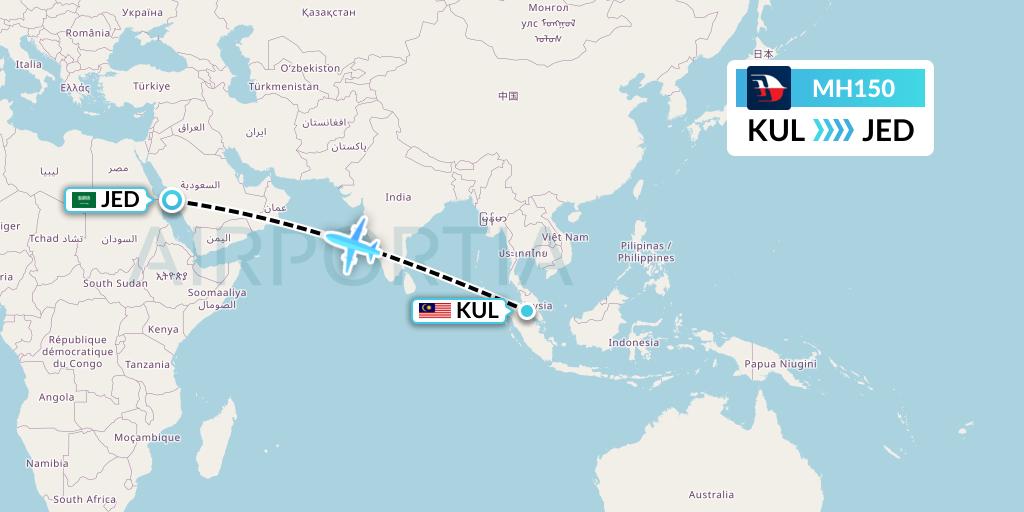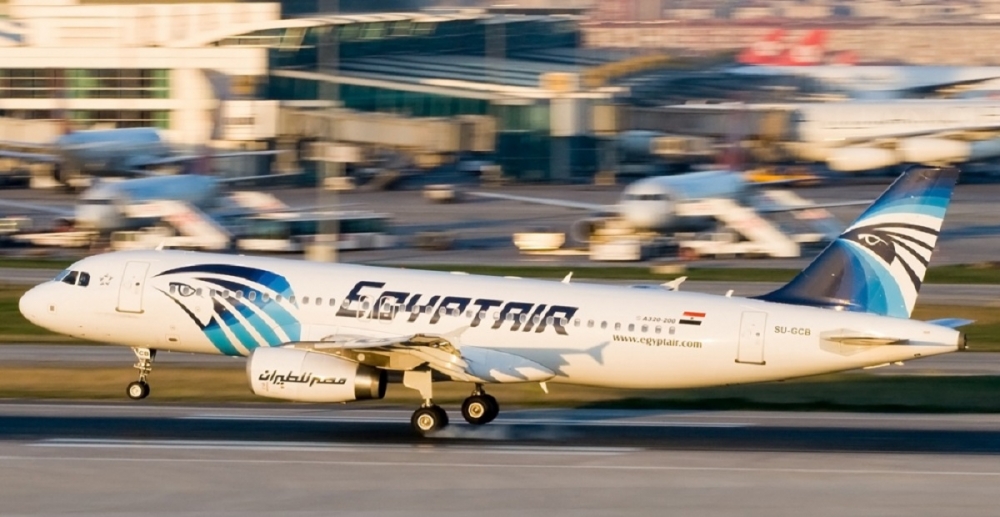French authorities have taken the unusual step of publicly criticizing Egypt’s handling of a fatal Airbus A320 crash, saying the most likely cause was a cockpit fire rather than a malicious act of terrorism.
Egyptair flight MS-804 plunged into the Mediterranean about 130kms north of the Egyptian city of Alexandria on May 19, 2016, with 56 passengers and 10 crew on board.
Messages received from the plane prior to the crash indicated cockpit window temperature sensor problems and that smoke detectors had been activated.
The Egyptian Aircraft Accident Investigation Committee reported in December 2016, that traces of explosive substance had been found on human remains, suggesting that a bomb was involved.
READ Explosive traces found in Egyptair wreckage.
Because of this, it transferred the case to the Egyptian Prosecution Bureau for further investigation.
French air safety investigator BEA assisted with the safety investigation and on Friday released a statement outlining its cockpit fire theory and criticizing the Egyptians for failing to continue the safety investigation.
It noted the flight recorders stopped operating while the aircraft was at cruise altitude of 37,000 ft, the aircraft’s reporting system sent a message indicating smoke in the toilets and avionics bay and the flight data recorder confirms the message.
The cockpit voice recorder also revealed the crew talked about a fire and some debris had signs they were subject to high temperature and traces of soot.
The BEA also pointed to a signal from an emergency locator transmitter sent around eight minutes after the last transmission from the plane and data from Greek primary radar that the Egyptair aircraft descended in a turn before hitting the water.
“Based on these elements, the BEA considers that the most likely hypothesis is that a fire broke out in the cockpit while the aeroplane was flying at its cruise altitude and that the fire spread rapidly resulting in the loss of control of the aeroplane,’’ it said.
The BEA made an earlier call for further work to be done on the debris and flight recorder data but it said that this had not happened as far as it was aware.
It noted technical elements of investigation already conducted were now “protected” by the Egyptian judicial investigation.
“In an effort to continue the safety investigation mission, the BEA asked to meet the Egyptian Attorney General,’’ it said.
“This took place at the end of May 2018. In this meeting, the Egyptian authorities explained that as it had been determined that there had been a malicious act, the investigation now fell within the sole jurisdiction of the judicial authorities.
“The BEA’s Egyptian counterpart did not publish the final report which would have allowed the BEA to set out its differences of opinion as authorized by the international provisions.
“The BEA considers that it is necessary to have this final report in order to have the possibility of understanding the cause of the accident and to provide the aviation community with the safety lessons which could prevent future accidents.”
The French investigator said it stood ready to continue their collaboration with its Egyptian counterpart “should the latter restart the safety investigation into this accident”.
























